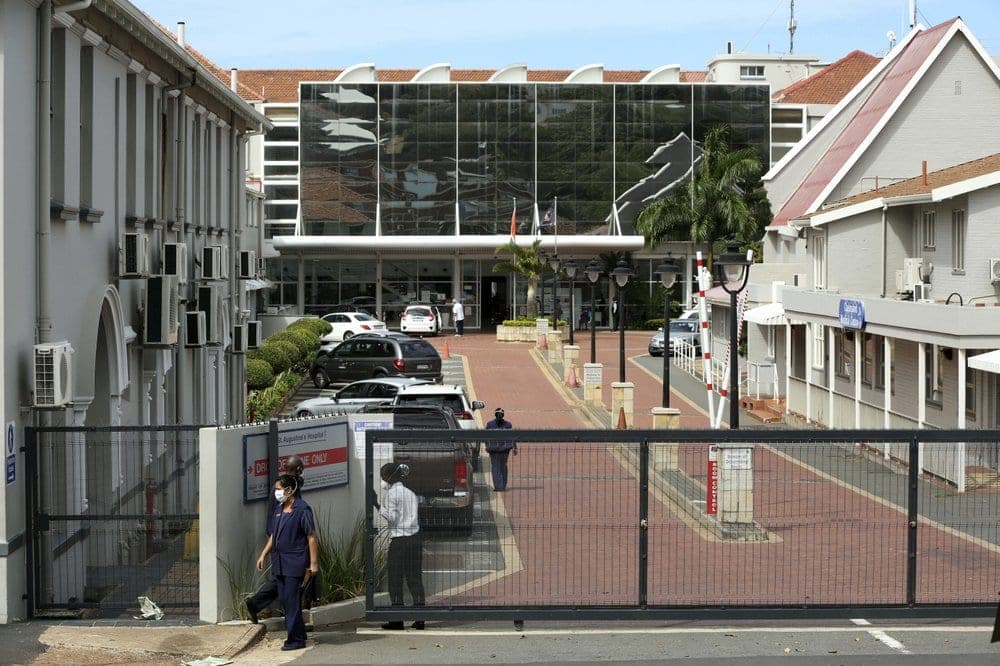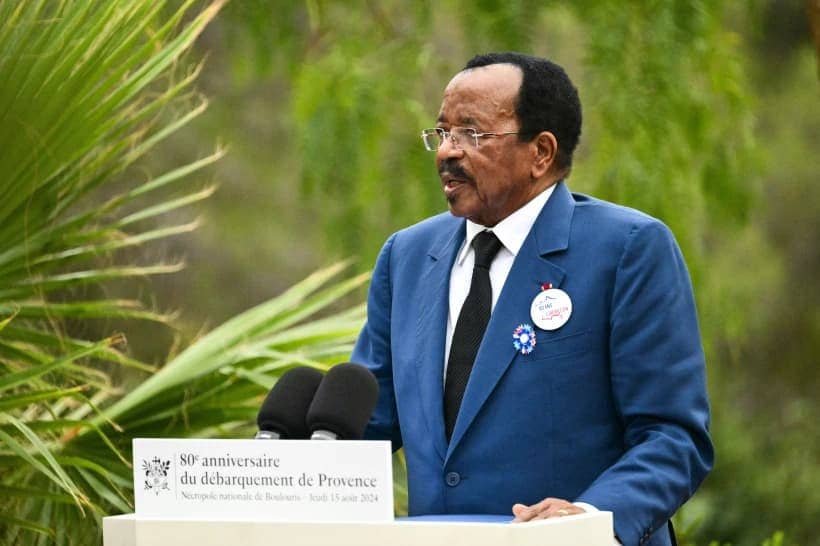Bishop Sithembele Sipuka of Mthatha, South Africa, is urging Catholics not to forget the poor, who are most impacted by the fallout of the COVID-19 coronavirus pandemic.
Sipuka – who also serves as the first vice-president of SECAM, the regional body for African bishops – noted that COVID-19 is “a humbling disease that cuts across humanity in the whole world with no consideration of whether one is rich or poor.”
So far, South Africa has the largest number of cases on the continent, with a total of 1,749 infections and 13 deaths. Burkina Faso has 384 cases and 19 deaths, according to Johns Hopkins.
Across Africa, more than 10,000 people have tested positive for the coronavirus.
“It is one of those few moments in human life where a calamity makes us realize that regardless of wealth, class, race and age we are all feeble beings with no control of life and so we are brought into solidarity,” Sipuka said, and encouraged faithful to practice basic healthcare practices such as washing hands and not touching one’s face as a sign of responsibility for one another.
This is especially important for the poor, “who feel the impact of the lockdown the most and who will be affected by the effects of the virus the most,” he said, adding that “this is a time to think about the majority of people who live by vending and doing menial jobs for their daily living.”
“For such people, periods of lockdown mean they have no means of providing for themselves,” he said, because once the coronavirus infects poor areas, “it will decimate huge numbers of people, it will be a plague!”
With the economy set to worsen and poverty to rise, representatives of the Church will have to step up, Sipuka said, adding that “Possibly this situation may call on us as clergy and religious to share our own food because resources from the faithful only will not be enough.”
Though he has no answer for why God allows tragedies such as the global pandemic, “what we know is that God suffers with us and makes us his collaborators in responding to situations of suffering,” the bishop said.
“And so because God suffers with us, let us no lose hope and because God collaborates with us, while we must regularly wash our hands to avoid the virus, let us not wash our hands of our responsibility for each other, particularly the poor who feel the impact of the lockdown the most and who will be affected by the effects of the virus the most,” Sipuka said.














